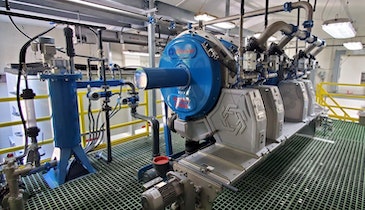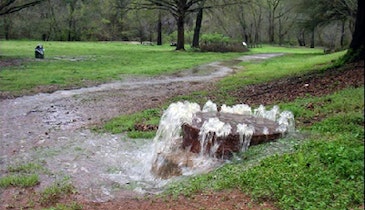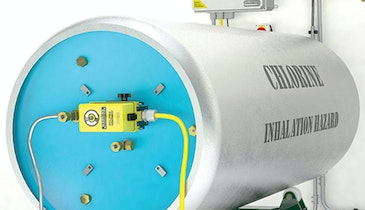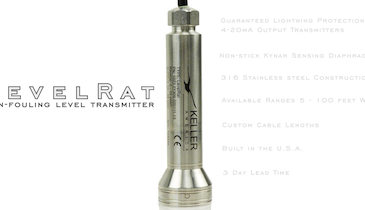Crews are working to clean up a diesel fuel spill at a wastewater treatment facility in Selawik, in the Northwest Arctic Borough of Alaska.
A transfer operation from a city fuel tank to the plant’s tank was left unattended for about 7.5 hours before an operator was alerted to the spill, which was then reported to the Department of Environmental Conservation.
“We know that there’s still 35,000 gallons approximately left in the tank following the release, and that source tank itself wasn’t damaged. It was an overfill due to transferring,” DEC Environmental Program manager Sarah Moore tells KOTZ News. “So we know that 35,000 gallons is still in the tank and is not threatening to release at this time. So we have a ballpark estimate, but are still working on some more concrete numbers about the volume spilled.”
New Interim Strategy Will Address PFAS Through Certain EPA-Issued Wastewater Permits
Aggressively addressing per- and polyfluoroalkyl substances in the environment continues to be an active and ongoing priority for the U.S. Environmental Protection Agency. The agency is announcing two important steps to address PFAS.
First, EPA issued a memorandum detailing an interim National Pollutant Discharge Elimination System permitting strategy for addressing PFAS in EPA-issued wastewater permits. Second, EPA released information on progress in developing new analytical methods to test for PFAS compounds in wastewater and other environmental media. Together, these actions help ensure that federally enforceable wastewater monitoring for PFAS can begin as soon as validated analytical methods are finalized.
“Better understanding and addressing PFAS is a top priority for EPA, and the agency is continuing to develop needed research and policies,” says EPA Administrator Andrew Wheeler. “For the first time in EPA’s history, we are utilizing all of our program offices to address a singular, cross-cutting contaminant and the agency’s efforts are critical to supporting our state and local partners.”
Michigan Universities See Grant Funding for COVID-19 Wastewater Tests
Universities across the state of Michigan will soon be able to take advantage of more than $6.5 million in grant funding, and more than $3 million in lab equipment purchases, to run 20 three-month pilot programs to test wastewater for COVID-19.
The funds were announced by the Michigan departments of Environment, Great Lakes and Energy, and Health and Human Services.






